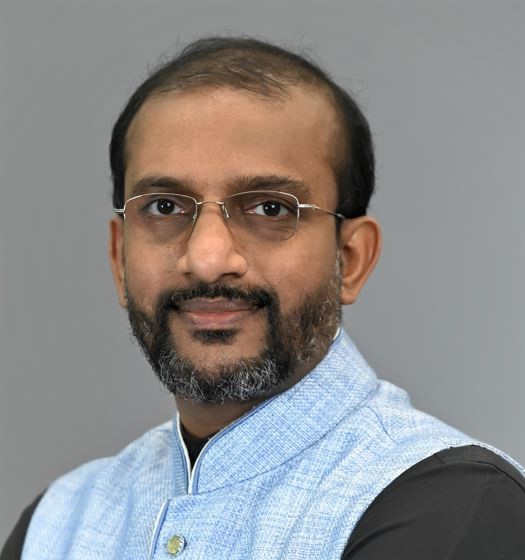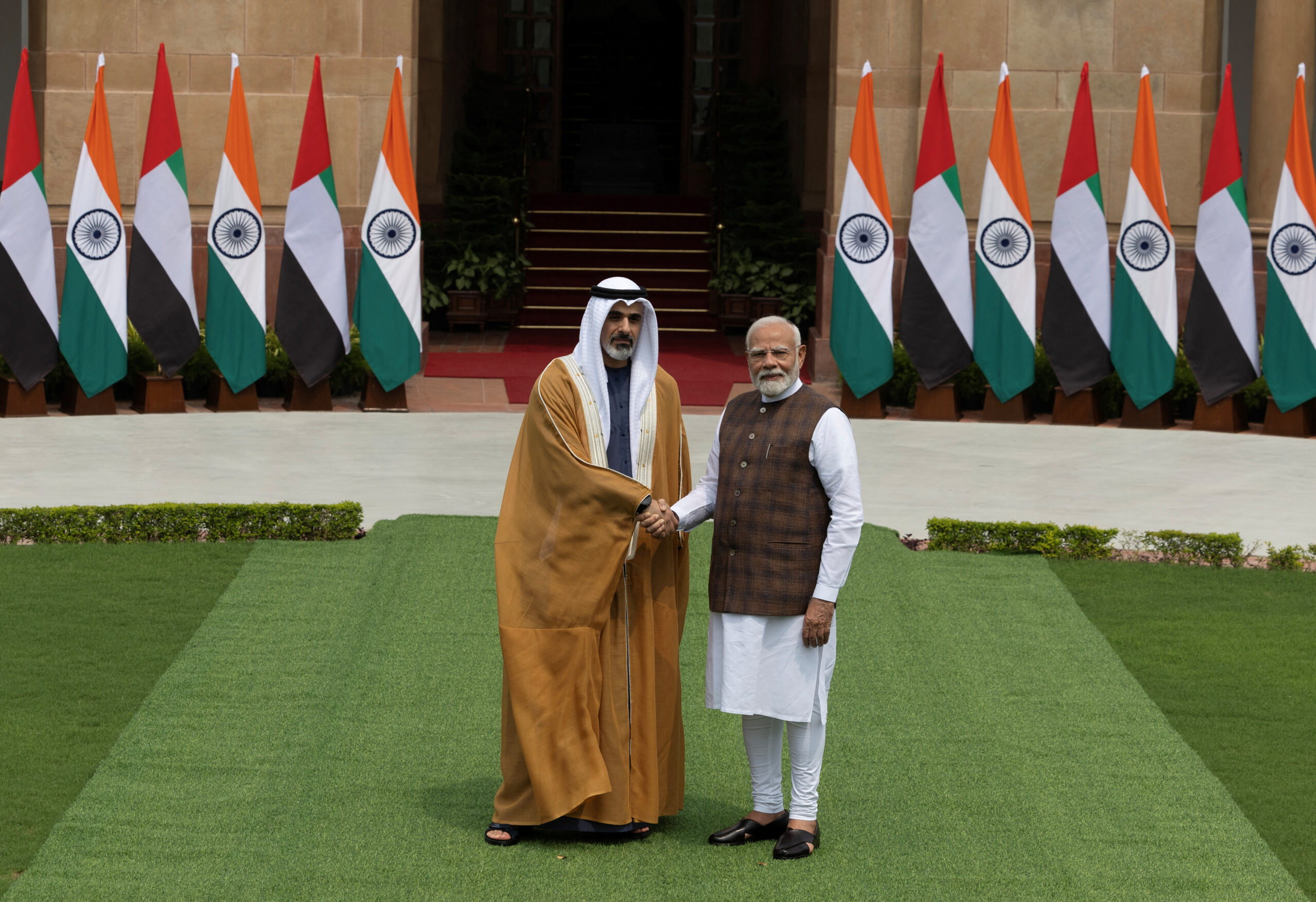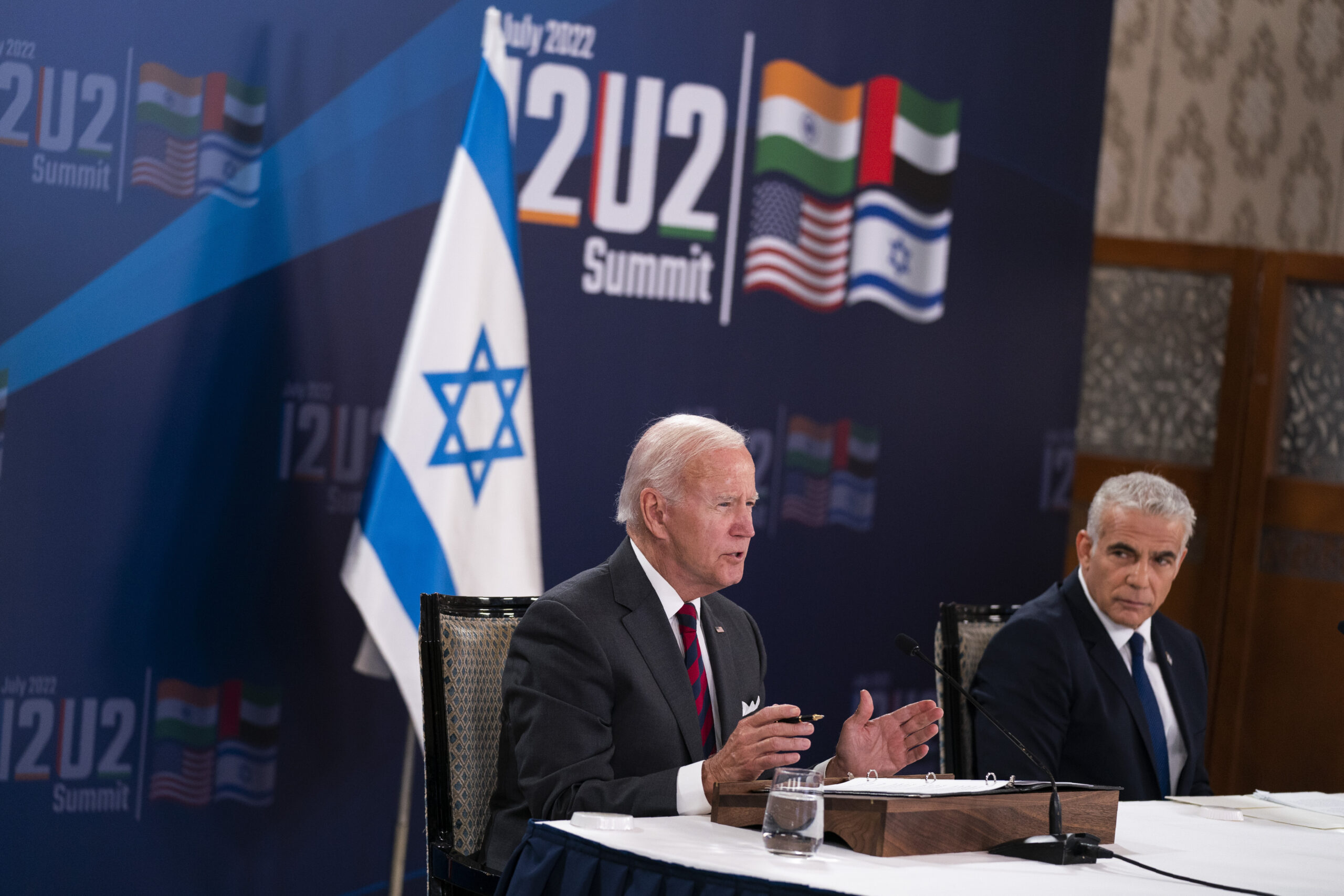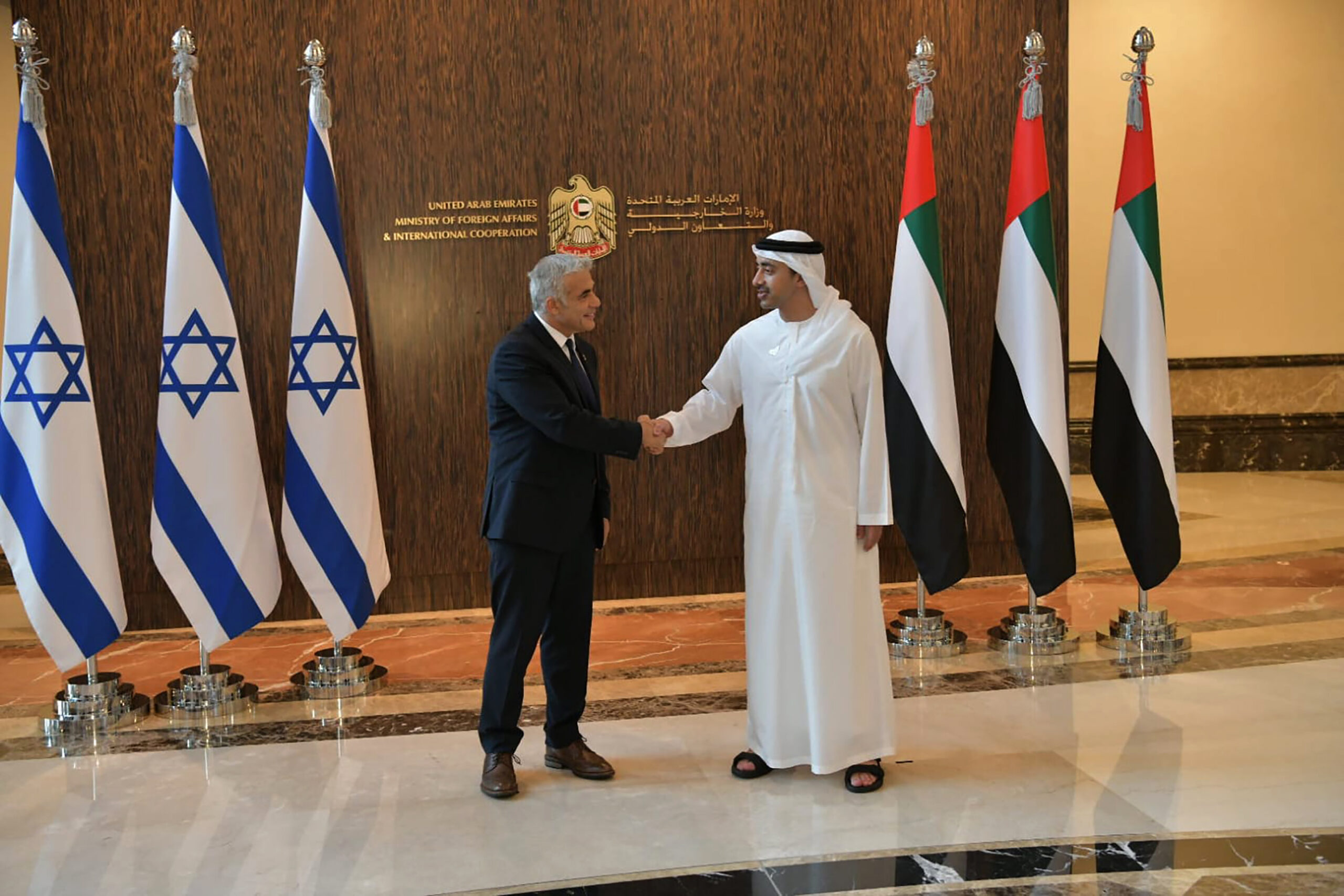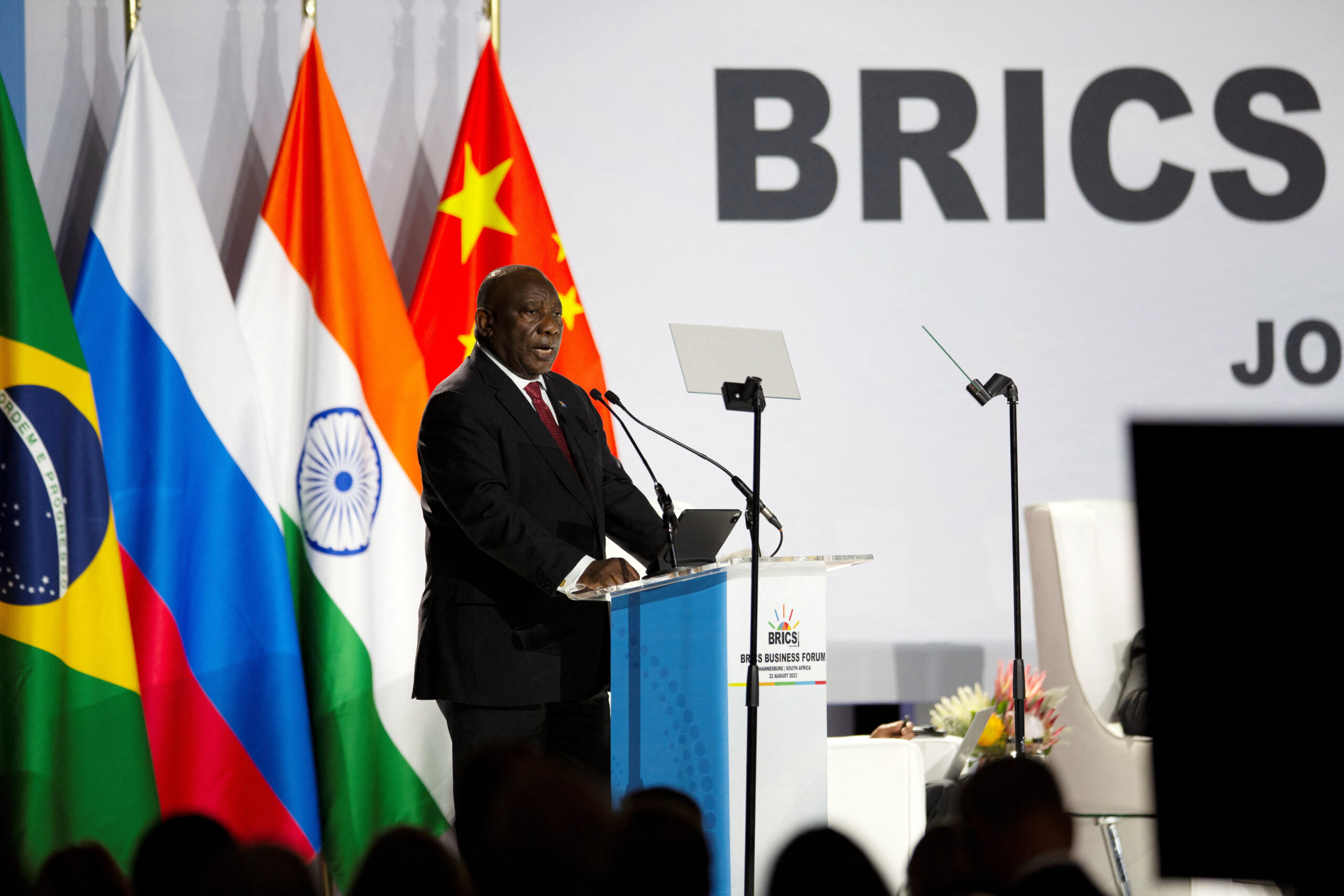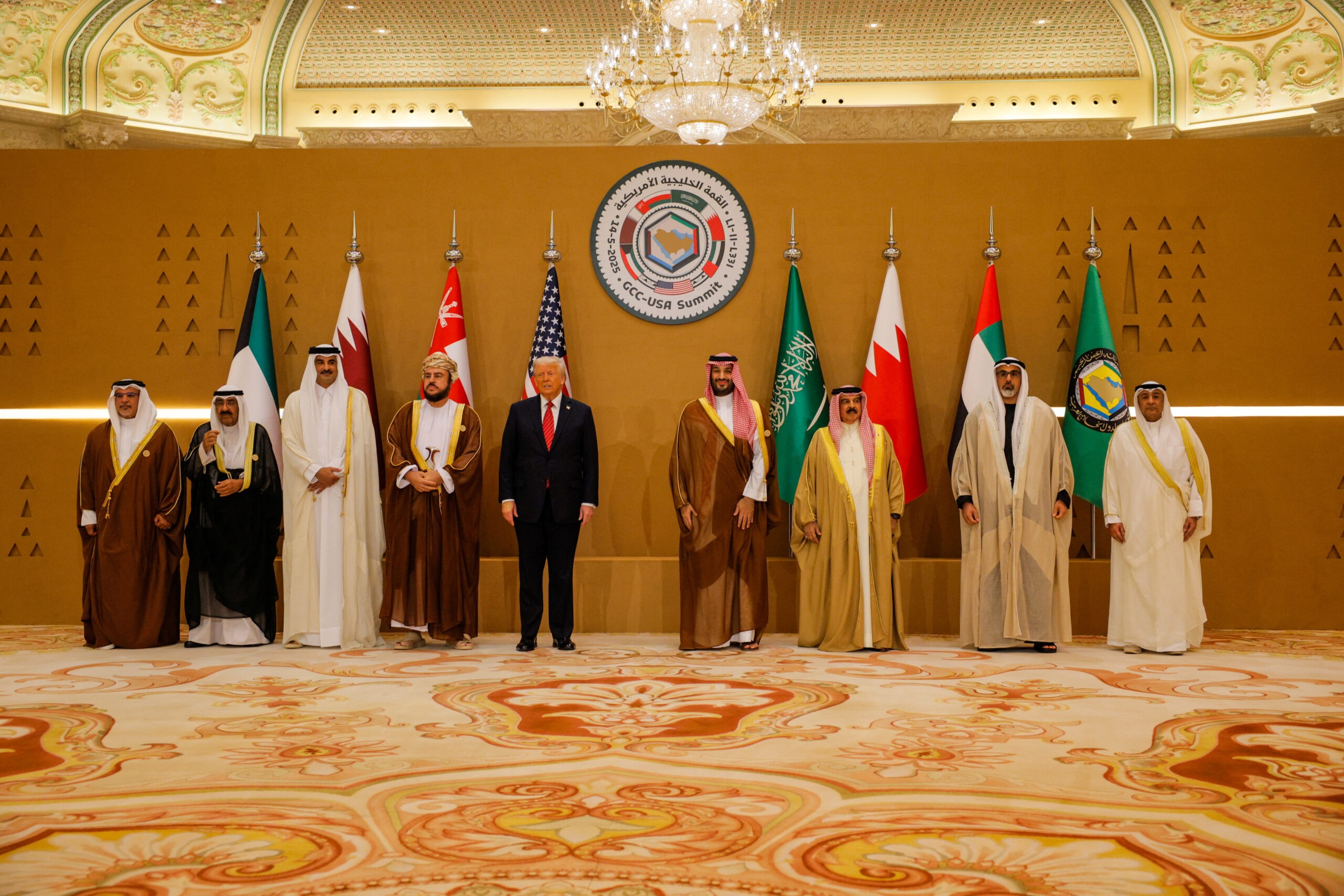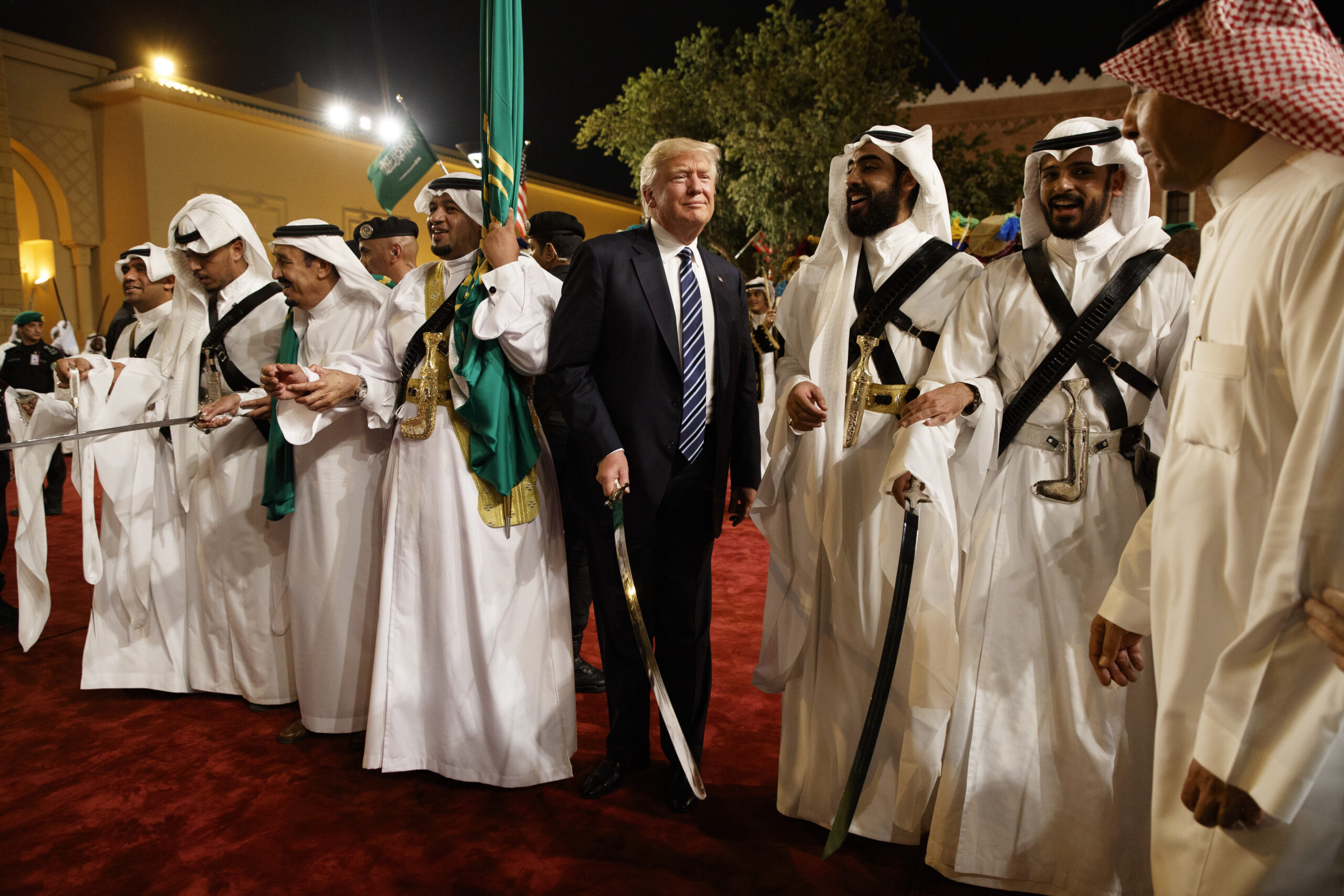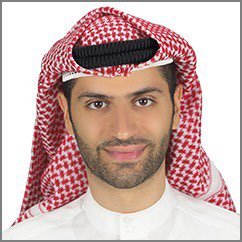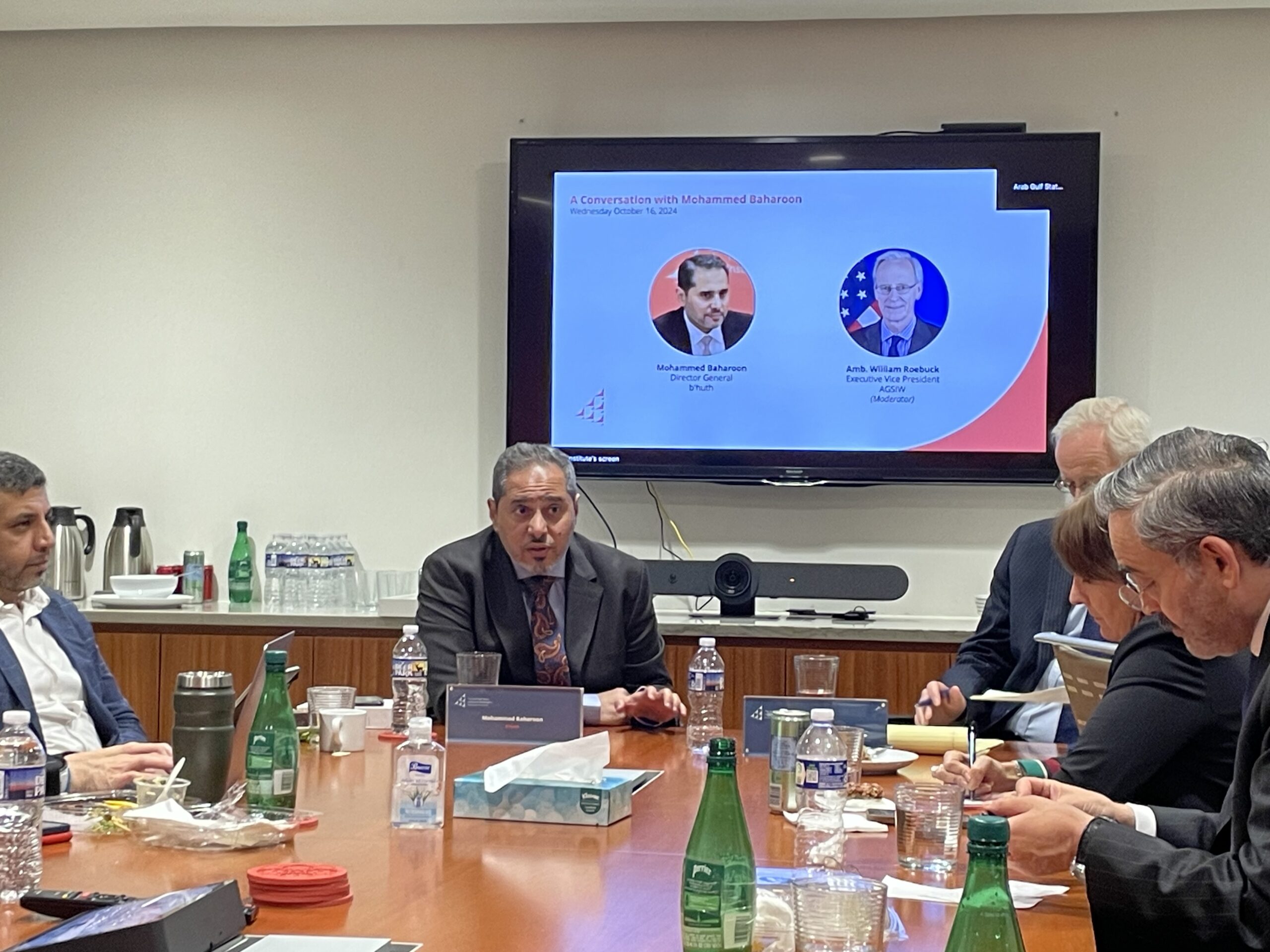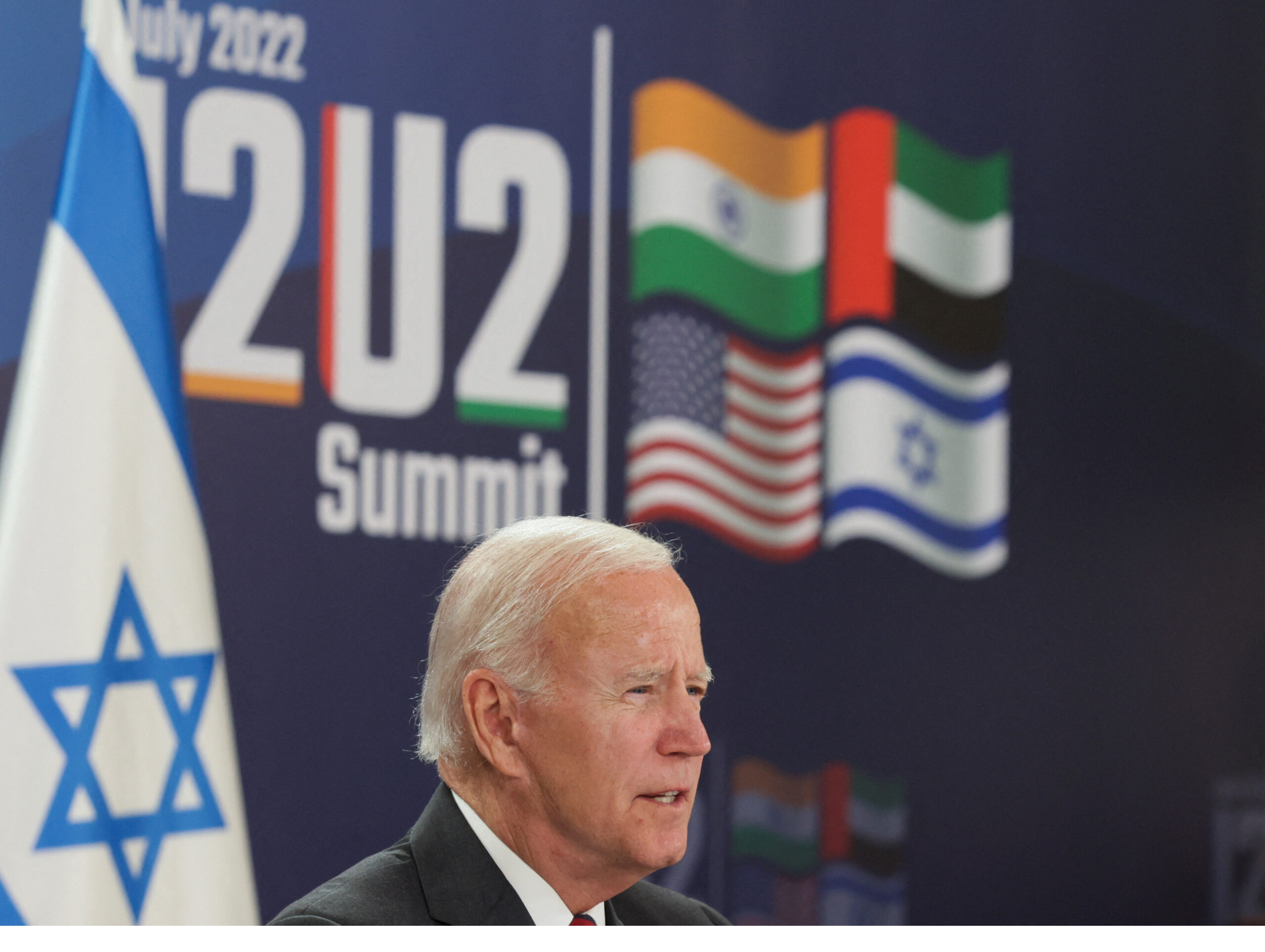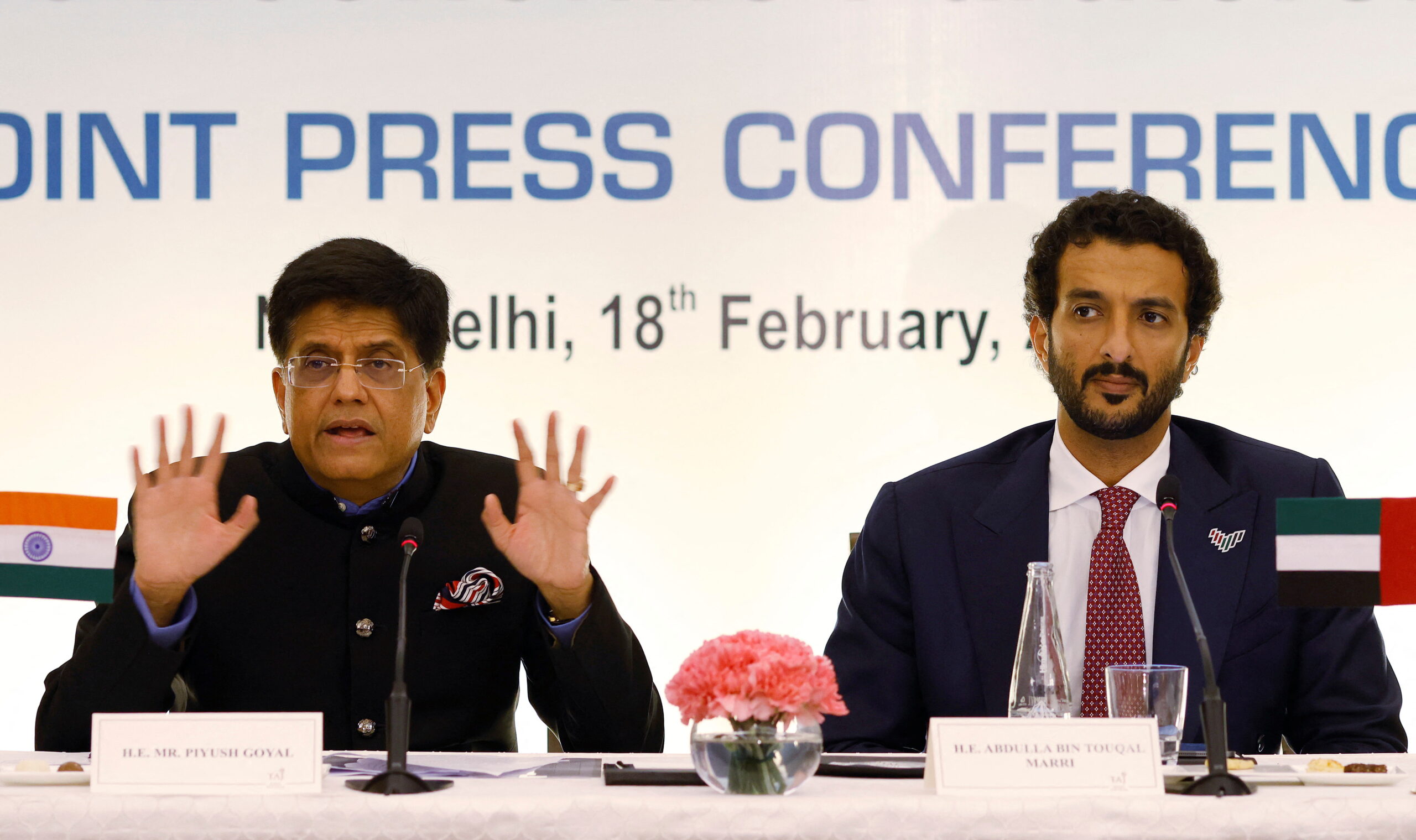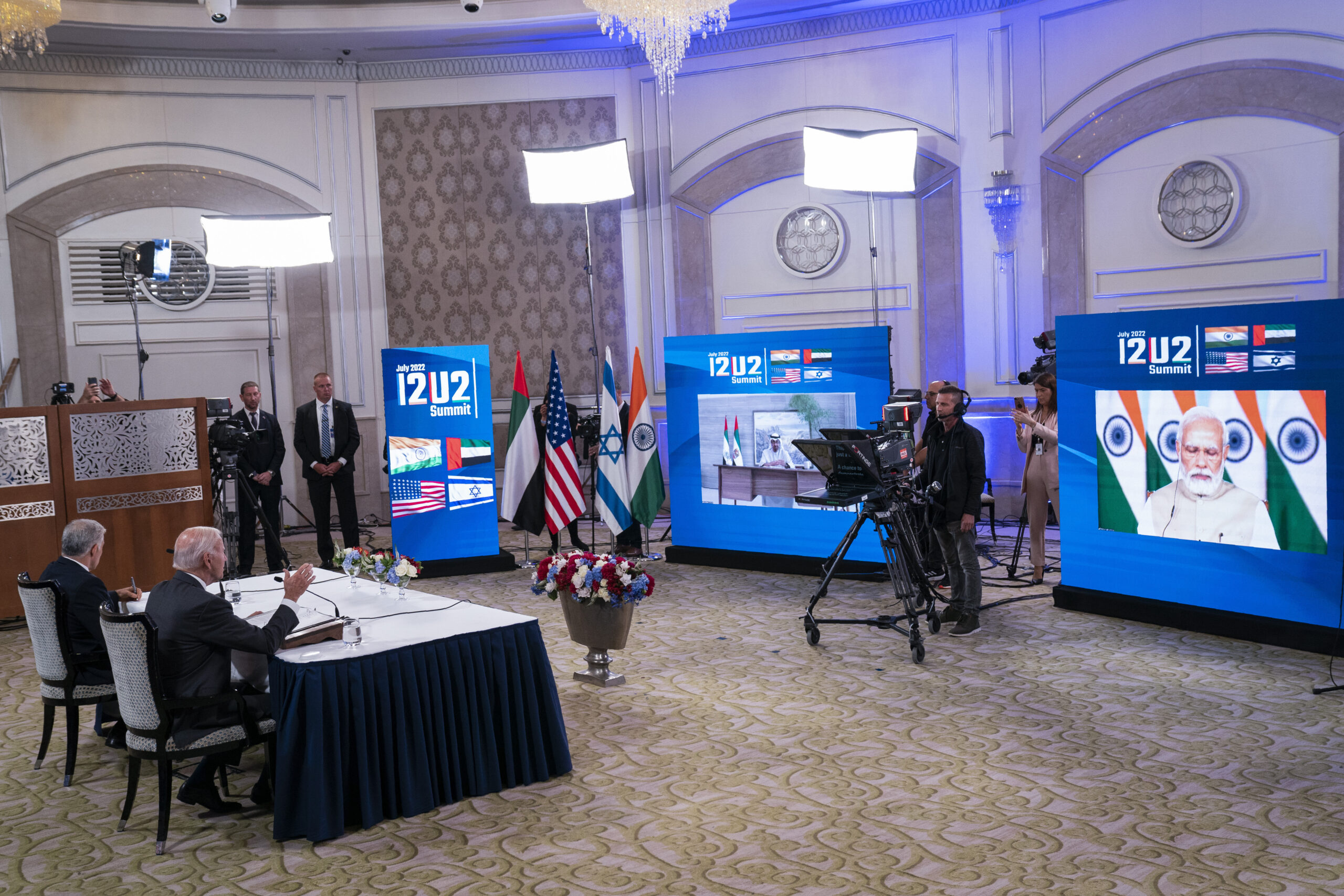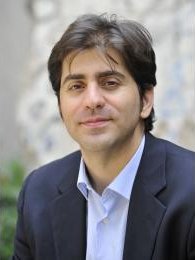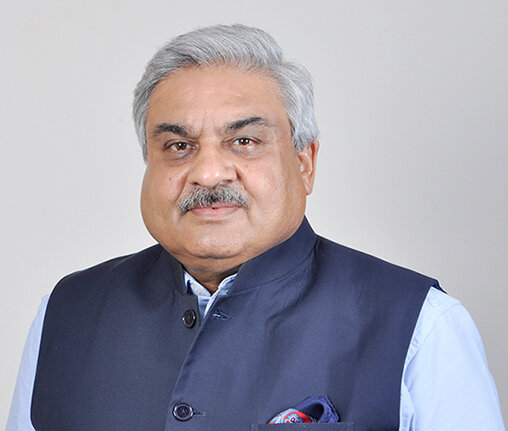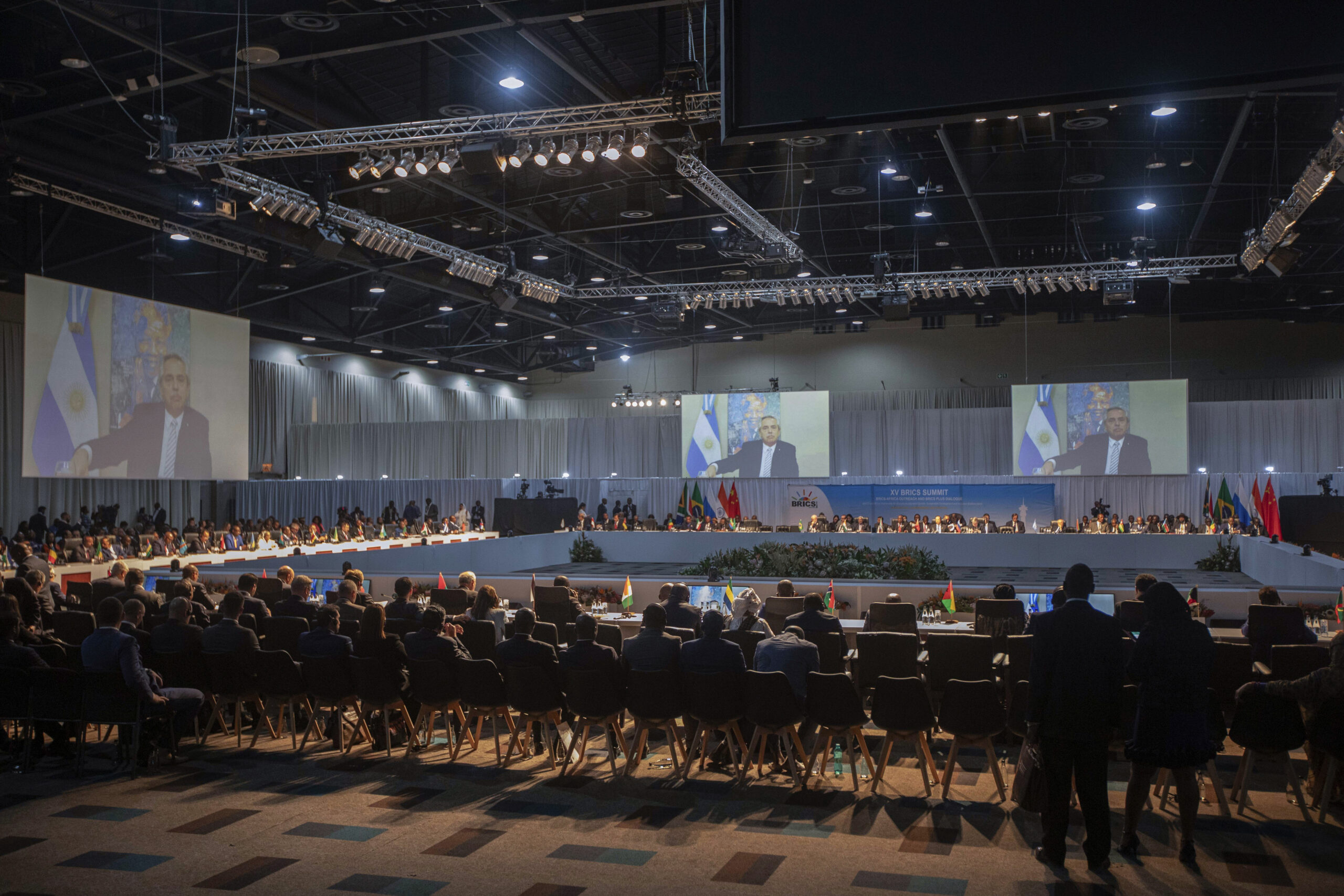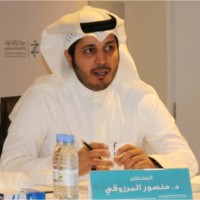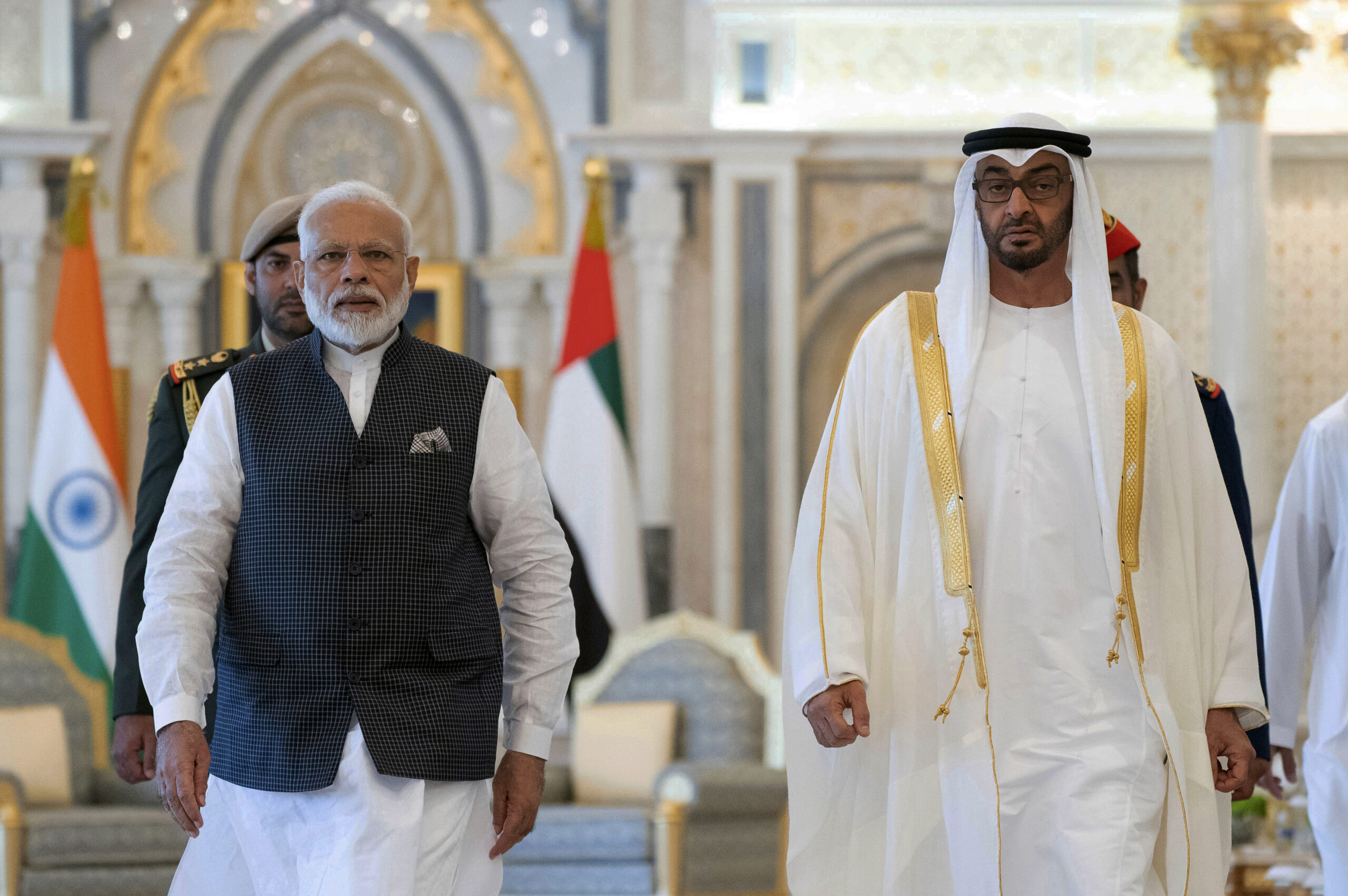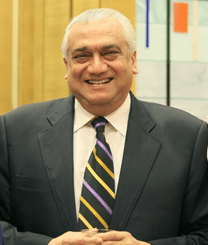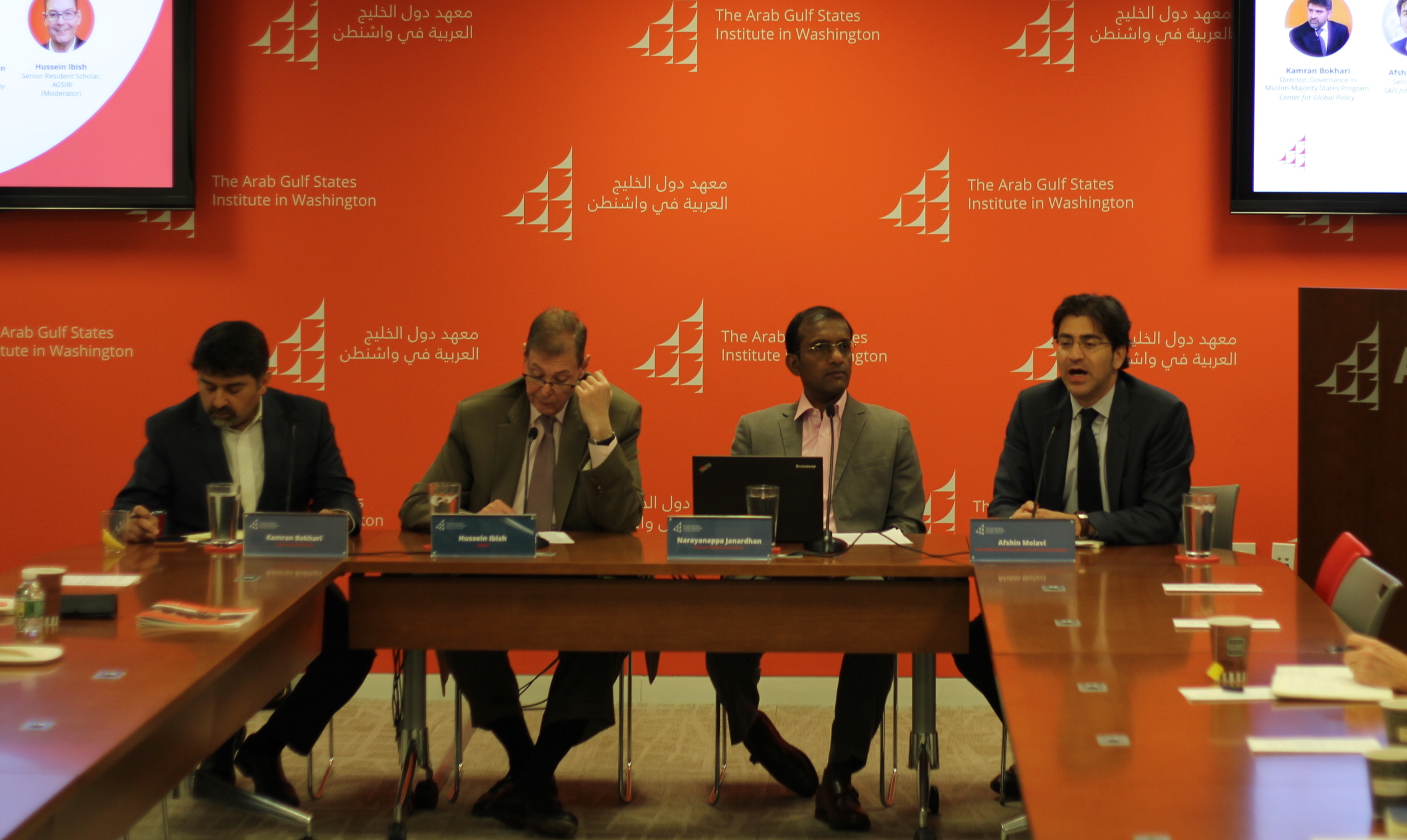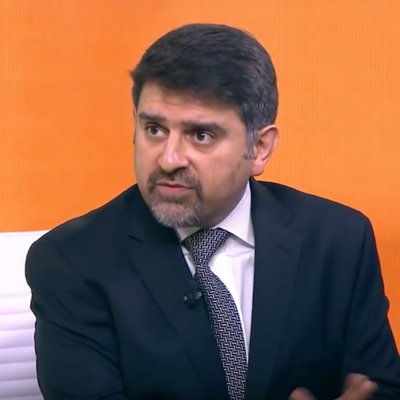Can the Middle East Help Make America Great Again?
As President-elect Trump returns to the White House, he will find a transformed Gulf region, brimming with confidence and initiative; the best way to tap this energy is to consult the region and take on board the regional perspectives.
5 min read
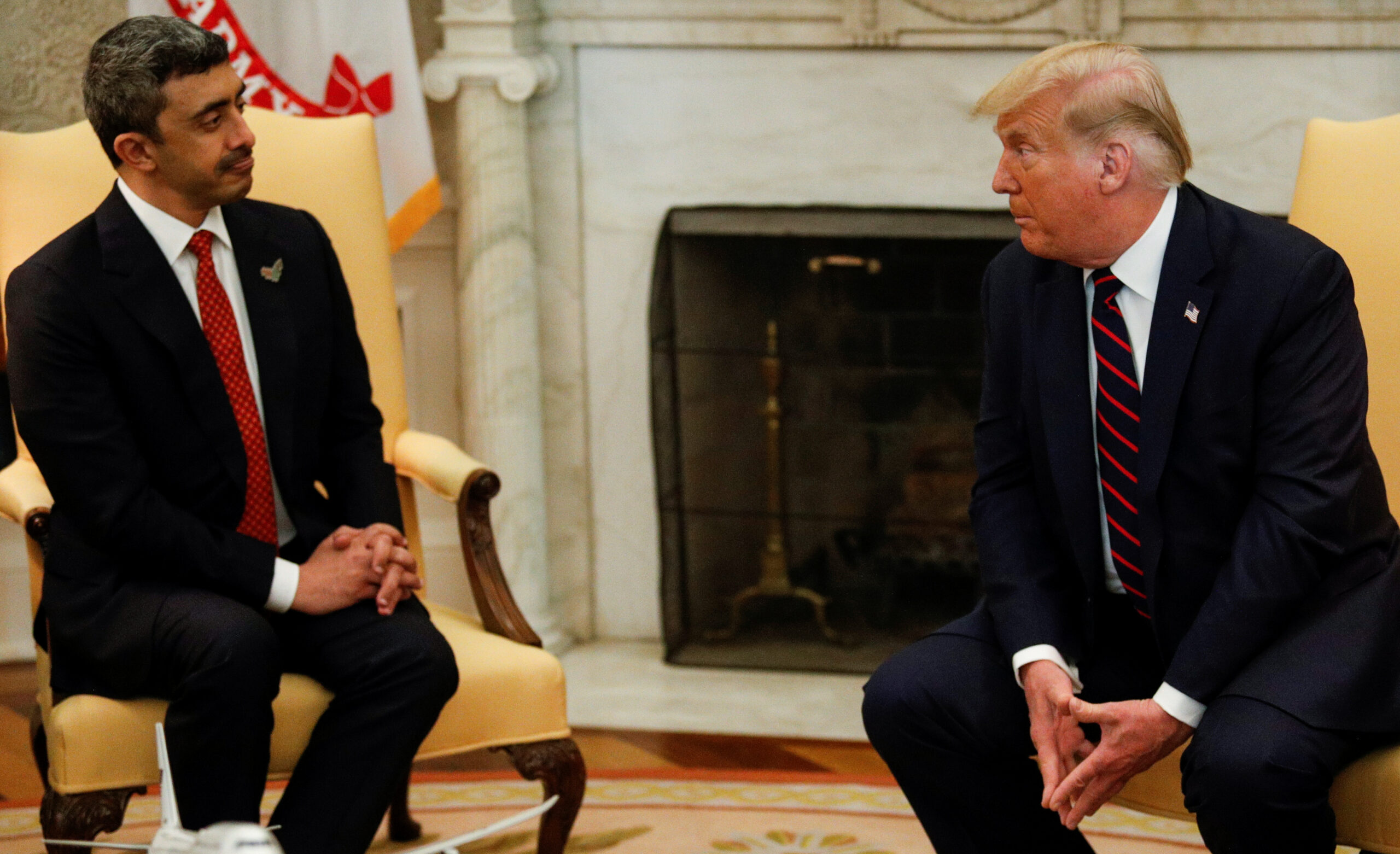
The Gulf states have rarely felt as distant from the United States as they have during the past four years under the administration of President Joseph R. Biden Jr. – an administration that began its tenure with a pledge to make Saudi Arabia, the largest Gulf country, a “pariah state.” In response, the Gulf Cooperation Council countries adopted a connectivity agenda, reversing decades-long alliances with the United States in favor of a more apolar approach to international relations.
The Abraham Accords, a defining achievement of the previous Donald J. Trump administration, exemplified this new regionalism and global connectivity agenda. By starting with Israel, the accords rejected entrenched friend-foe dynamics in the region and paved the way for collaboration driven not exclusively by politics but with a heavy focus on investment in state-building. From Syria to Turkey and Iran, these relationships radiated out into a broader network that included China, Russia, India, and even parts of Africa.
As President-elect Trump returns to the White House, he will find a transformed Gulf region, brimming with new energy and power that he can harness to advance his MAGA-focused agenda. The best way to tap this energy is to consult the region and take on board the regional perspectives.
Most GCC countries enjoyed a comfortable working relationship with Trump during his first term, which should encourage Washington to pursue policies promoting stability and two-way communication. The United Arab Emirates and Saudi Arabia, in particular, had productive ties with Trump.
Under a second Trump administration, lingering issues such as Saudi Arabia’s pursuit of security guarantees and civilian nuclear assistance could receive favorable attention. Some long-standing UAE-U.S. “stress test” strains showed recent signs of significant easing, as was evident with Emirati President Mohammed bin Zayed al-Nahyan’s visit to Washington in October, during which he met with both Biden and Trump.
However, the Israel-Hamas war in Gaza and its broader regional repercussions will test GCC-U.S. ties, just as it challenges the global order that the United States seeks to lead. While the United States and Europe remain focused on the Russia-Ukraine war, the GCC bloc is more concerned about the escalation in the Middle East, which threatens regional stability, economic cooperation, and U.S. influence in the region.
While Trump has pledged to end ongoing wars in the Middle East, he must consider the consequences of escalating global chaos and the economic fallout if there is only a pause to the conflict in Gaza and Lebanon rather than a lasting peace that would, among other things, put connectivity projects like the India-Middle East-Europe Economic Corridor, or IMEC, back on track.
A lasting peace must go beyond the Israel-Palestine conflict and address the broader rift between Iran and Israel. While a hard-line approach may be tempting, Washington would benefit from studying the GCC’s recent efforts to de-escalate tensions with Iran. GCC-Iran relations have evolved significantly since Trump’s first term, offering a new dynamic that the United States can leverage to advance regional stability and the geoeconomic agenda that Trump prioritizes.
While Iran’s support for extremism and instability must end, the overuse of force is unlikely to achieve this goal in the long term. The “maximum pressure” policy may satisfy Israel in the short term but is unlikely to help it in the long run.
Instead, the UAE’s diplomatic approach to Iran, Saudi-Iran reconciliation facilitated by Beijing, and Oman’s maritime security initiatives, including freedom of navigation in the Strait of Hormuz, offer constructive alternatives that could serve Israel’s interests better than a militarized approach.
The GCC’s pivot to a “Plan B” on Iran, moving away from military confrontation and diplomatic hostility, might appear challenging to some in Washington and Tel Aviv. Yet it provides a framework for solutions that promote long-term stability in the region.
Beyond the conflict, a second Trump administration must recognize the opportunities presented by the GCC’s strategic realignment with other non-Western countries.
China’s growing presence in the region is increasingly perceived as a source of influence rather than merely economic engagement. This shift has understandably raised concerns in Washington. However, Beijing’s doctrines of “non-interference” and “equidistance” have allowed it to facilitate de-escalation and a “cold peace” between traditional Gulf rivals and competitors, particularly Iran and Saudi Arabia.
This de-escalation reflects declining confidence in the United States’ commitment, capacity, and credibility to maintain regional stability, coupled with growing trust in Beijing’s conflict management strategy – developments that have further unsettled Washington.
Compounding this is the GCC’s increasing alignment with alternative global frameworks, such as memberships in the Shanghai Cooperation Organisation and the BRICS groupings. These moves highlight a shift toward multialignment and underscore the need for a recalibrated U.S. strategy, as the current approach risks policy paralysis.
Nevertheless, these challenges present an opportunity for the United States to redefine its role in the region. A second Trump administration could reshape this dynamic by prioritizing conflict resolution, returning to the framework of the Abraham Accords, and revitalizing cross-regional cooperation initiatives such as the I2U2 and IMEC. By doing so, Washington could reestablish itself as a constructive regional player, advancing an agenda that garners support not only from the GCC but also across the broader region.
The United States can shape this emerging multialigned world by viewing China’s growing regional presence not as a threat but as a catalyst for a new American role. Recent U.S.-UAE cooperation on artificial intelligence exemplifies how Washington can collaborate with GCC states despite divergences on regional politics and security.
The region’s interests are not inherently at odds with America’s. Trump’s commitment to ending conflicts in the Middle East is aligned with the region’s aspirations and offers a historic opportunity to forge a new partnership. By crafting a creative policy centered on peace, regional stability, and cooperation, his second term could redefine America’s role in the Middle East and enhance its stature in the region.
The views represented herein are the author's or speaker's own and do not necessarily reflect the views of AGSI, its staff, or its board of directors.


